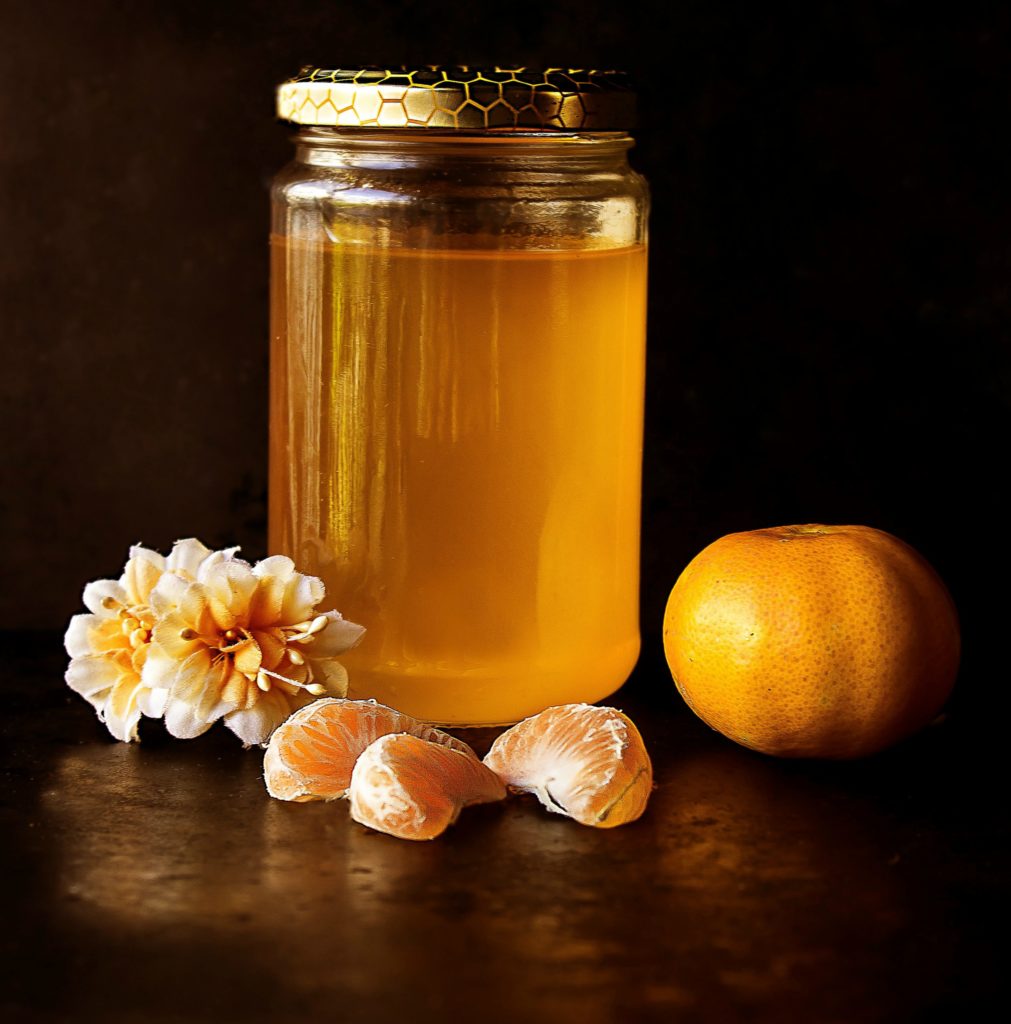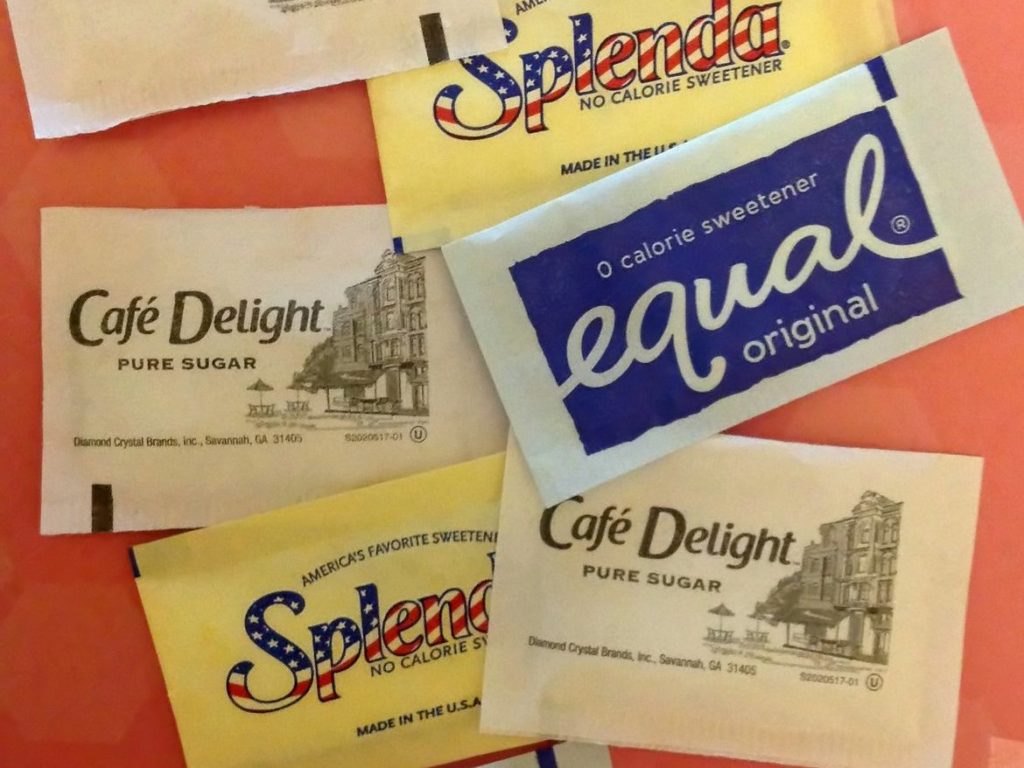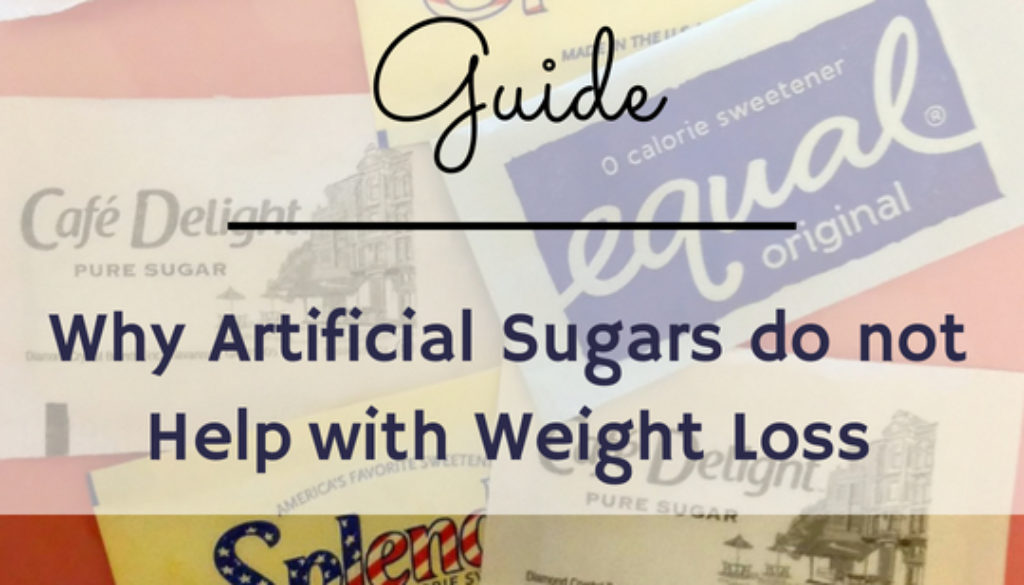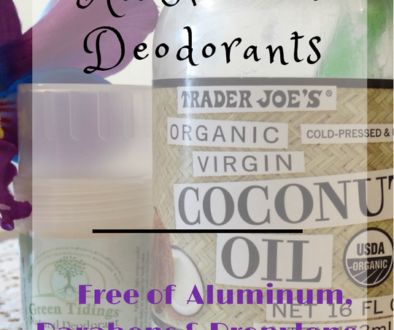The question of how much and what kind of sugar to consume can be somewhat controversial. With so many sugar sweeteners on the market, it can be hard to answer. The brain and body do need sugar for energy. Also, different people can have higher or lower caloric requirements and metabolisms. Too much sugar can increase your risk of obesity, heart disease, and type 2 diabetes.
Although you may already be aware of this, it is not always easy to keep track of sugars in foods. Sugar is often added to many common foods such as yogurt, juice drinks, and even breakfast cereals. That is why it is so important to read labels. So, what should you be on the lookout for when deciding what to buy? How can you become a smarter consumer and reduce your risk of weight gain and disease?

Natural sugars are healthy in moderation
There are many different kinds of sugar. They are all metabolized in diferent ways. Glucose stimulates insulin release. This allows the cells to absorb glucose to use for energy. Fruit contains natural sources of sugar such as fructose. Natural sugars can be healthy if had in limited quantities. Also, the fiber in fruit helps to control control hunger better than drinking juice. Fruit contains vitamins with extra health benefits. Fructose is still a simple sugar though, along with glucose and galactose. These sugars makeup the lactose found in dairy products.
Sucrose, or table sugar, comes from plants such as sugarcane. Sucrose contains both glucose and fructose. Honey is like table sugar since they both contain glucose and fructose. There has been recent controversy about the addition of high fructose corn syrup to foods. These syrups are natural since their sugars come from corn starch. High fructose corn syrup is comparable to table sugar. They are both about 50/50 glucose and fructose. Corn syrup is often added to foods as a sugar substitute. You should remember that it can still spike blood sugar. The American Heart Association (AHA) recommends that women should have no more than 6 teaspoons (25 grams) of added sugar per day. Men should have no more than 9 teaspoons (38 grams) per day (1).

Artificial sugar sweeteners
In total, there are six types of artificial sweeteners on the market. Although considered low-calorie sugar substitutes, you should likley avoid them for many reasons. The Harvard T.H. Chan School of Public Health includes an article with more information. The chart below is from their website and shows the brand names of each, as well as how much sweeter they are than sugar (2). I added the colors to provide a clear visual representation of the chemical names. It is important to be cautious of anything that says sugar-free or diet. These products often replace natural sugars with artificial or low-calorie sweeteners.
Why artificial sugar sweeteners are controversial
Artificial sweeteners are controversial for good reason. In short, they trick people into believing they are consuming sugar. Scientists make these compounds as they are not naturally-occurring. For this reason, they do not trigger the same areas of the brain that natural sugars do. After eating natural sugars, your brain signals sugar cravings to stop. Yet, this normal negative feedback pathway is not activated after eating artificial sugars.
| Artificial sweetener | Brand names | Sweetness as compared to sugar |
| Aspartame (blue packet) | Equal®, NutraSweet®, Sugar Twin® | 200 times sweeter than sugar |
| Acesulfame-K | Sunett®, Sweet One® | 200 times sweeter than sugar |
| Saccharin (pink packet) | Sweet’N Low®, Sweet Twin®, Necta Sweet® | 200-700 times sweeter than sugar |
| Sucralose (yellow packet) | Splenda® | 600 times sweeter than sugar |
| Neotame | Newtame® | 7,000 to 13,000 times sweeter than sugar |
| Advantame | No brand names | 20,000 times sweeter than sugar |
Drinking soda often leads to obesity. One 12 ounce can already contains a person’s total daily sugar allowance. You may be surprised to learn that diet soda is not a much better alternative. It contains artificial sugar sweeteners that are many times sweeter than natural sugars. One study published in Neuroscience found that drinking diet soda over 25 weeks did not help teenagers lose weight. Only the heaviest participants lost weight (3). So, it seems the best approach for weight loss is to replace soda with water. If you cannot do so, try to decrease your intake of sugary drinks. There are many beverage options that contain less sugar than soda.
Artificial sweeteners cause weight gain and disease
The body processes artificial sugars in a different way than natural sugars. For example, sucralose and saccharin are not recognized or digested by the body. Aspartame is, but to a lesser extent. Aspartame also contains the amino acid phenylalanine. This can be hazardous for those with phenylketonuria (2). It may seem that artificial sweeteners are healthier than natural sugars. But, science does not support this.
Research shows that artificial sugars lead to weight gain and disease. One study found that rats fed saccharin overate. The rats gained more weight than those only given glucose (3). Also, a study found that people who consumed at least one diet soda per day had smaller brains. They were also almost three times more likely to have strokes and dementia (4).



